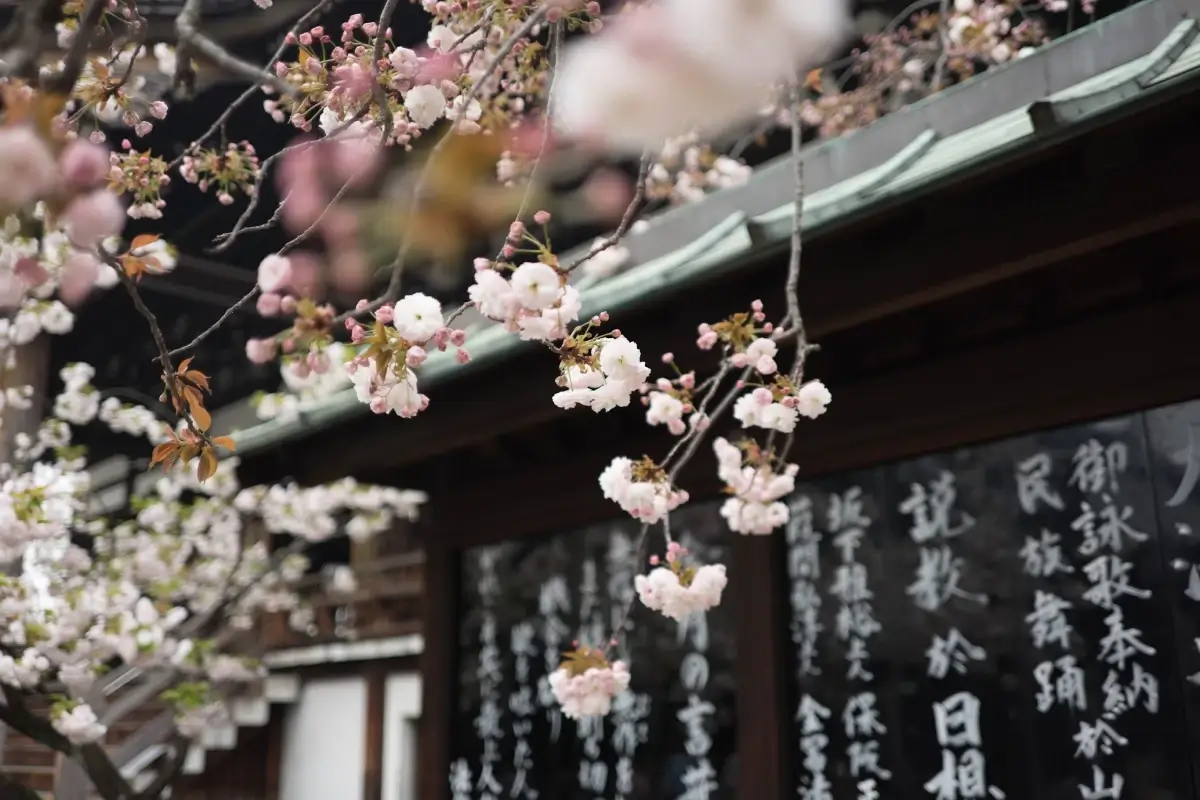In a world that is rapidly changing and often stressful, finding practices that enhance our well-being is more important than ever. Japan, a country known for its rich culture and traditions, offers several concepts and philosophies that can significantly improve our lives. This article explores five Japanese techniques—Hara Hachi Bu, Ikigai, Wabi-Sabi, Kaizen, and Shinrin-Yoku—that can help us lead more fulfilled, healthy, and balanced lives.
1. Hara Hachi Bu
Originating from Okinawa, Japan, a region known for its high number of centenarians, Hara Hachi Bu is a Confucian teaching that advises people to eat until they are 80% full. This practice promotes longevity and well-being by encouraging moderate eating habits and preventing overeating. By stopping at 80% capacity, individuals can avoid the detrimental health effects associated with obesity and overconsumption, such as heart disease, diabetes, and high blood pressure. Hara Hachi Bu not only contributes to a longer life but also supports a better quality of life by fostering mindful eating practices.
2. Ikigai
Ikigai is a Japanese concept that means “a reason for being” and is seen as the convergence of four primary elements: what you love, what you are good at, what the world needs, and what you can be paid for. Finding your Ikigai involves introspection and understanding how these elements interact in your life, providing a path to fulfillment and happiness.
Rules of Ikigai
Do What You Love
Pursuing passions and interests that bring joy and satisfaction is crucial for a fulfilling life. Engaging in activities that you love can boost your mental health and overall well-being.
Do What You’re Good At
Utilizing your skills and talents can lead to personal satisfaction and success. When you do what you’re good at, work feels less like a chore and more like a meaningful contribution.
Do What the World Needs
Contributing to the greater good and addressing the needs of society can provide a profound sense of purpose and fulfillment. This aspect of Ikigai emphasizes the importance of serving others and making a positive impact.
Do What You Can Be Paid For
While money isn’t the sole focus of Ikigai, finding a way to make a living from your passions and skills is essential for practical reasons. Balancing financial stability with personal satisfaction is key to living your Ikigai.
3. Wabi-Sabi
Wabi-Sabi is a Japanese philosophy that finds beauty in imperfection and accepts the natural cycle of growth and decay. It teaches us to appreciate the beauty in the imperfect, impermanent, and incomplete. Wabi-Sabi can improve our lives by helping us embrace our flaws and the imperfections in the world around us, leading to a more serene and contented existence. By letting go of the pursuit of perfection, we can reduce stress and anxiety, increase our resilience, and cultivate a deeper appreciation for the simple, fleeting moments in life.
4. Kaizen
Kaizen, which translates to “change for better,” is a Japanese philosophy that focuses on continuous improvement in all aspects of life. Originally applied in the business and manufacturing world, the principles of Kaizen can also be adopted on a personal level. It encourages small, incremental changes rather than large, radical shifts, making improvements more manageable and sustainable. By adopting a Kaizen mindset, individuals can enhance their personal development, productivity, and overall quality of life. It teaches us that consistent, small changes can lead to significant improvements over time.
5. Shinrin-Yoku
Shinrin-Yoku, or “forest bathing,” is a Japanese practice that involves spending time in nature to improve health and well-being. Research has shown that immersing oneself in a natural environment can lower stress levels, improve mood, boost the immune system, and increase energy levels. The practice does not involve strenuous exercise but simply being present in the natural world, taking in the forest atmosphere through all five senses. Shinrin-Yoku reminds us of the healing power of nature and encourages us to reconnect with the environment for physical and emotional rejuvenation.
Conclusion
The Japanese techniques of Hara Hachi Bu, Ikigai, Wabi-Sabi, Kaizen, and Shinrin-Yoku offer valuable insights into leading a balanced and fulfilling life. These practices encourage mindfulness, self-improvement, and a deep connection with our surroundings. By incorporating these philosophies into our daily lives, we can find more joy, health, and purpose in our existence. Whether it’s adopting a more mindful approach to eating, finding our Ikigai, embracing imperfection, striving for continuous improvement, or reconnecting with nature, these Japanese techniques provide a roadmap to a more satisfied and balanced life.












